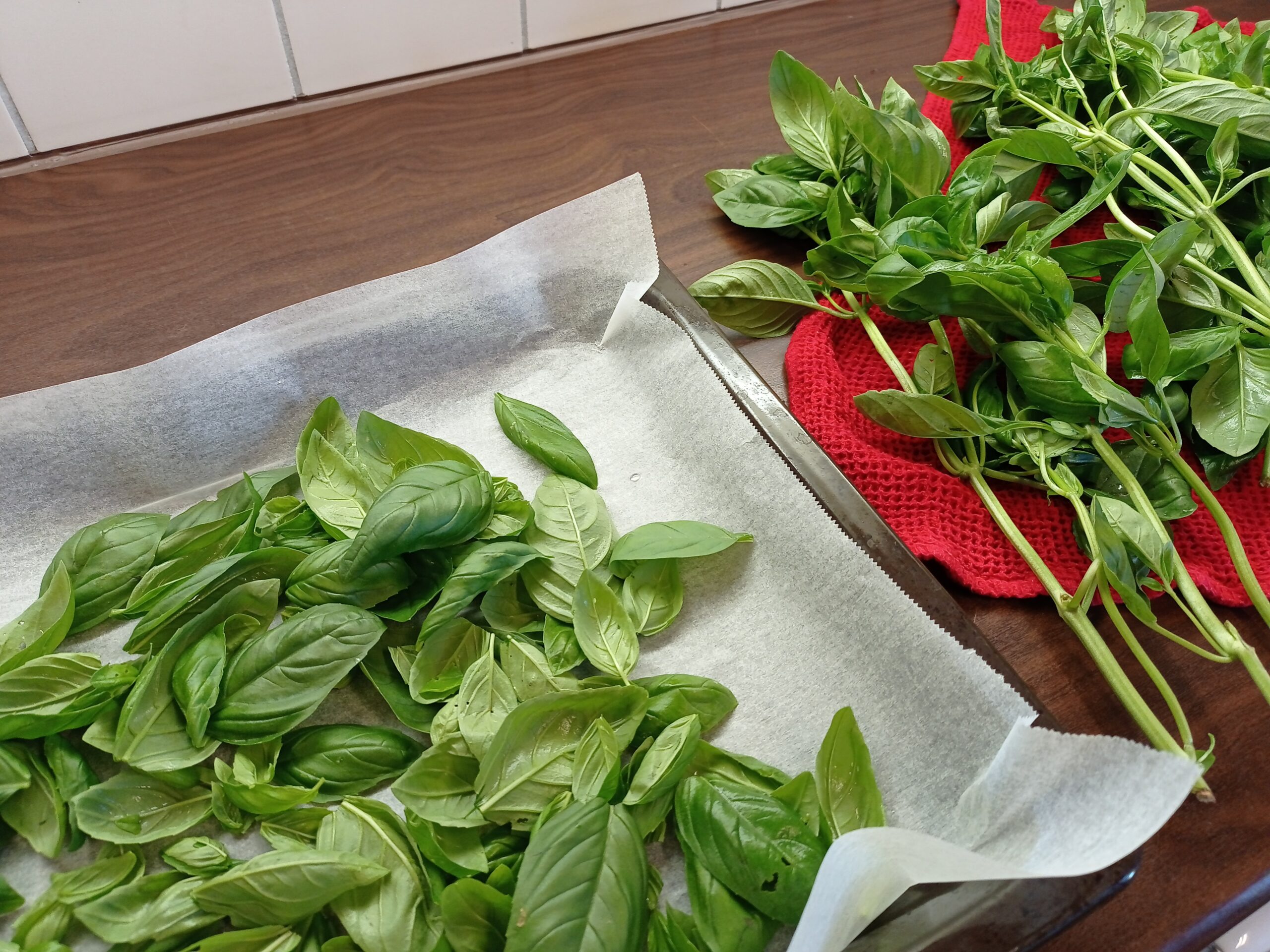Basil is a medicinal herb native to Southeast Asia that is used for its leaves, seeds and flowers. It adds aroma to foods and can be consumed in tea, due to its multiple health benefits.
This plant grows to a height of 60 centimeters, with flowers that form in a spiral, elongated leaves in oval shapes and offers oval and black seeds, all parts have digestive properties, relieves headaches, carminative, antispasmotic, helps protect the liver and the prevention of cardiovascular disease.
A study published by Scientific Electronic Library Online (SciELO) highlights the nutritional value of basil for containing vitamins C, E, K, A, B1, B2, B3, B5, B6, B7, B9 and minerals, including iron, calcium, magnesium, sodium, potassium, phosphorus, manganese and Zinc.
It also contains fatty acids, proteins, polysaccharides and volatile bioactive compounds such as linalool, estragole, eucalyptol, among others.
This combination makes basil a plant with proven medicinal properties that help with well-being and the prevention of diseases, according to a study from the Chilean Nutrition Magazine cited by Scielo.
Benefits of basil

1)Helps protect heart health: the bioactive compounds in basil help reduce the lipid layers that cause heart disease. This was one of the findings of laboratory tests carried out with rodents: “the aqueous extract of basil in hypercholesterinemia rats achieved a reduction in serum cholesterol, which would contribute to reducing the risk of heart attack,” Scielo cites.
2) Natural anti-cancer: recent research has shown anti-cancer properties in rats and mice, since the components of basil inhibit the proliferation of cancer cells, reveals a study cited by Scielo.
3) Contributes to improving blood pressure: this plant has antihypertensive properties, since it helps regulate blood pressure. In addition, the raw methanolic extract of basil contributes to the drop in systolic and diastolic blood pressure. A study cited in the research reveals that basil polysaccharides could reduce triglycerides, total cholesterol and LDL cholesterol (low-density lipoproteins).
4)Hepatoprotective effect: by containing antioxidant compounds such as linalool, eugenol, eucalyptol and bergamotenol, basil has an anti-inflammatory effect that helps prevent oxidation of liver cells, improving their conditions.
5)Improves blood sugar levels: the consumption of basil has a hypoglycemic effect because it contains a compound that inhibits glucose. In another study carried out with type 2 diabetic mice treated with ethanolic extract of basil leaves “they showed a decrease in blood glucose levels compared to the group of diabetics without treatment.”
Step by step to prepare basil tea
A practical and simple way to consume basil to take advantage of its benefits is tea. A recipe shared by the specialized site Tua Saúde explains the quantities and preparation time.
This recipe requires 10 basil leaves, they can be dried or fresh, and 250 milliliters of water.
Like other aromatic drinks, 10 fresh or dried leaves are placed in a cup of boiling water.
Then cover it and let it rest for 5 to 10 minutes, so that the hot water absorbs the flavors and nutrients of the plant.
Afterwards, it is strained and ready to enjoy. You can add the sweetener of your choice and it is recommended to drink up to three cups a day between meals.
Keep reading:
- The natural herb that helps you sleep and improves digestion
- Oregano tea: discover the best time to drink it
- This medicinal plant cures everything: it has antioxidants and improves neuronal growth
